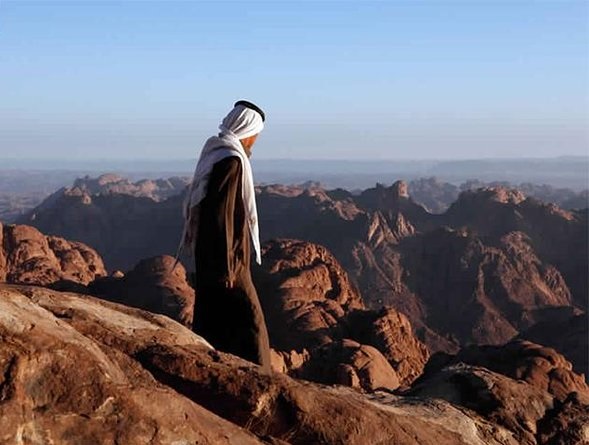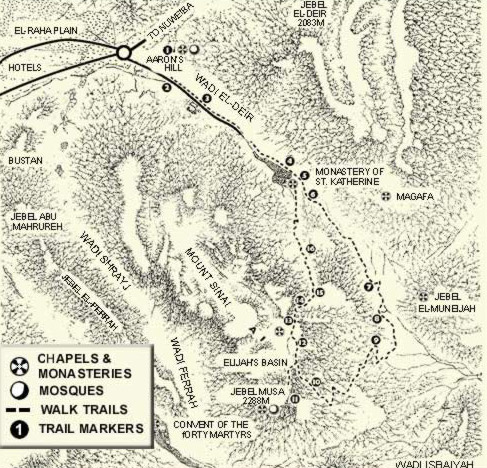FWP:
SETS == KYA; MUSHAIRAH
GRANDIOSITY: {5,3}
At the heart of this verse is another brilliant use of kyaa . Perfectly available are at least three readings: it signals a yes-or-no question (1a); it works as an adjective ('what kind of?') modifying 'assumption' (1b); or else it introduces an exclamation-- in this case, apparently a negative, scornful one (1c). And of course, from the first line we have no way of knowing just what sort of 'assumption' (on our part?) or 'obligation' (on someone else's part?) the verse is mulling over.
Under mushairah performance conditions, we're of course made to wait as long as conveniently possible for an answer. And even then, the verse withholds its 'punch'-word until the last possible moment. Not until we hear the rhyme-word :tuur can we really interpret the rest of the verse at all. Then the pleasure, and the 'mischievousness', strike us all at once.
Another source of enjoyment is the idiomatic casualness of the second line. Nazm has pointed to the colloquial use of nah to mean something like 'won't you?' or 'will you?' or 'all right?'. But even more amusing is the casual use of sair karnaa , 'to take a stroll'. While Hazrat Musa had his Mount Tur encounter in fear and trembling, the speaker here proposes a casual little afternoon stroll-- no big deal, he implies, but why shouldn't we saunter over and try our luck? He might be thinking aloud to himself, or suggesting to some close companion a small, mildly entertaining excursion-- in which he still half-expects to get better results than Hazrat Musa did! When it comes to 'mischievousness' (and what I call 'grandiosity'), how much more wickedly enjoyable can it get?
Compare {163,7}, with its equally casual reference to 'stopping by' the Ka'bah as a backup plan, to pass the time. And of course there's the delightfully arrogant {60,11}, which also uses the image of Mount Tur.
Mount Tur is traditionally equated with Mount Sinai (Arabic names: :tuur siinaa or jabal muus;aa ). The story of how upon that mountain Moses asked to see the Lord, but swooned away when the Lord's glory split the mountain, is briefly told in the Qur'an, Sura 7, v. 143.


Nazm:
Is there an assumption that the way He gave a flat refusal to Kalim [=Moses], there would be the same refusal to us too? In this verse the author has versified in nah an extraordinary idiomatic word-- everyone uses it in speech, but nobody has used it in poetry. But what this nah means-- it's difficult to give an answer. A grammatical guess tells us that aa))o nah and dekho nah , etc., are contracted forms of kyuu;N nah aa))o and kyuu;N nah dekho . For without this, no meaning will be able to be assigned to the negative. (262)
== Nazm page 262